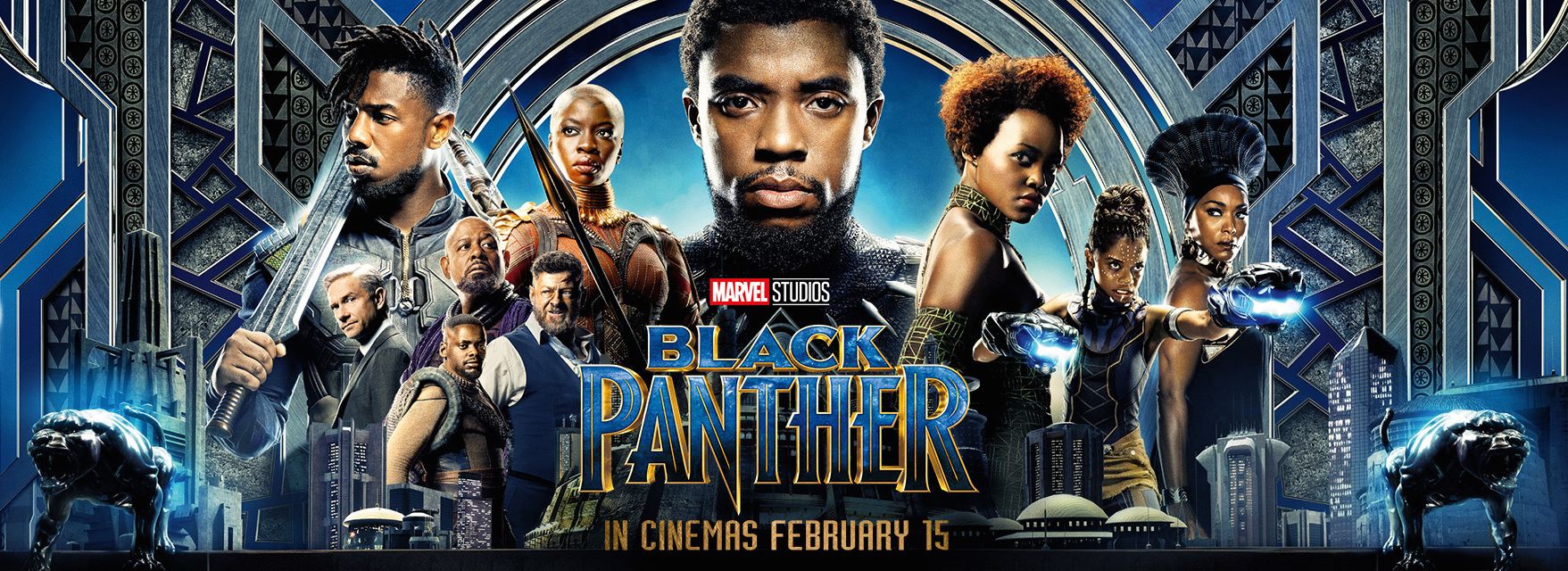
'Black Panther' Review
In a world like Hollywood where blacks and other minorities have never been portrayed as superheroes or where more than 90% of the films produced are predominantly based on white characters, I absolutely understand why Black Panther would seem like a huge victory for African Americans; and I would never want to say or do anything that takes that away from them. But for an African that was born, raised and still resides in Africa, unfortunately, the movie didn't match up to the hype for me.
Firstly, for a good 20 to 30 minutes it didn't feel like something I had never seen before. To be honest, it mostly felt like what I could call a "Nollywood film that went to private school". Having been exposed to numerous African productions, the excess of black characters on screen was definitely nothing new and the West-African accents made the screenplay feel even more familiar. While Nigeria, Ghana and South Africa have had countless sub-par productions come out of their film industries, I promise you that the good ones are nothing short of the first 30 minutes of Black Panther. The only difference here was that this is a Hollywood star-studded Marvel movie.
The movie was also ‘culturally overwhelming’ for me. While the fake accents were long expected considering the fact that a majority of the cast are African-Americans portraying African characters; what we didn’t expect was the jumble of cultures into one film. Firstly, there is the West-African accent (which the world already thinks is how all Africans speak, thus fueling the first stereotype of many that this film contains), then the official language of Wakanda is Xhosa; a language spoken by the Xhosas of South Africa, one tribe is seen dressed in Basotho blankets, another tribe donning lip plates which are mostly worn by Ethiopians and lastly, the body scarification seen on the beloved villain, Erik Killmonger, which is common in West Africa. In defense of all of this, we could say that Wakanda, being a fictional land, the writers and producers were really just trying to be inclusive of all (or at least most) of African cultures in the making of this movie. However, I still found it disturbing that while the different Wakanda groups borrowed their “appearances” from various African cultures, they still shared the same language and traditional practices as if they were from the same tribe; influencing another stereotype that Africa is just one country.
Overall, I really enjoyed the action-packed scenes. Again, this isn’t necessarily ground-breaking but rather what is expected of any superhero film. The storyline is strong and laid out pleasantly, we didn’t have to question what each moment was about as it is the case with most comic movies lately. It might even be a little predictable at the end. I also loved the switch between the modern world of the Americans and the ‘developing’ yet hyper-advanced nation of Wakanda which brings a great contrast to the motion picture. The director, Ryan Coogler, also did a splendid job in creating an exciting and engaging piece of cinema. But is Black Panther the revolutionary film that all black people have been waiting for? Does it really represent Africans in the way that it has been promoted to audiences?
